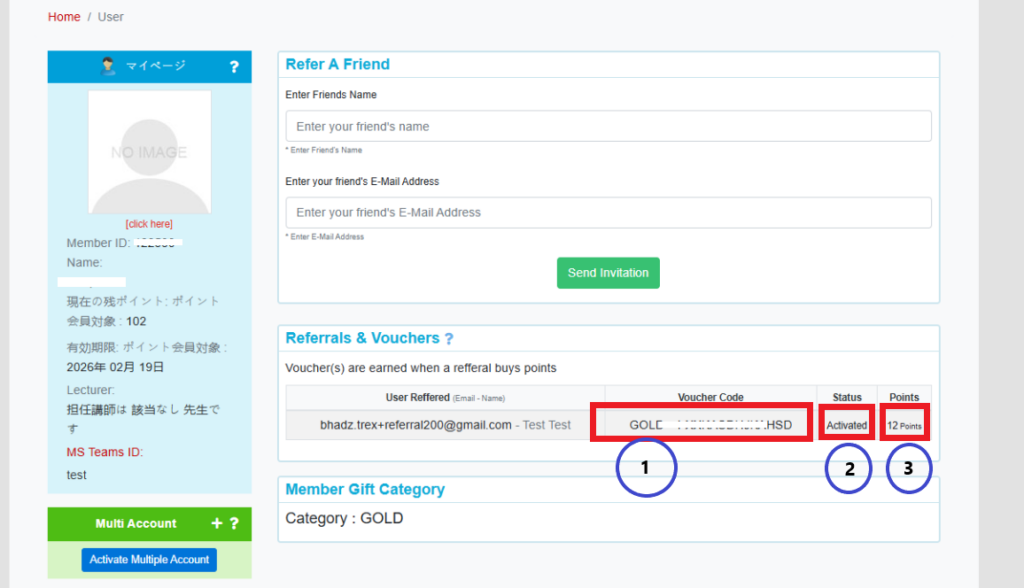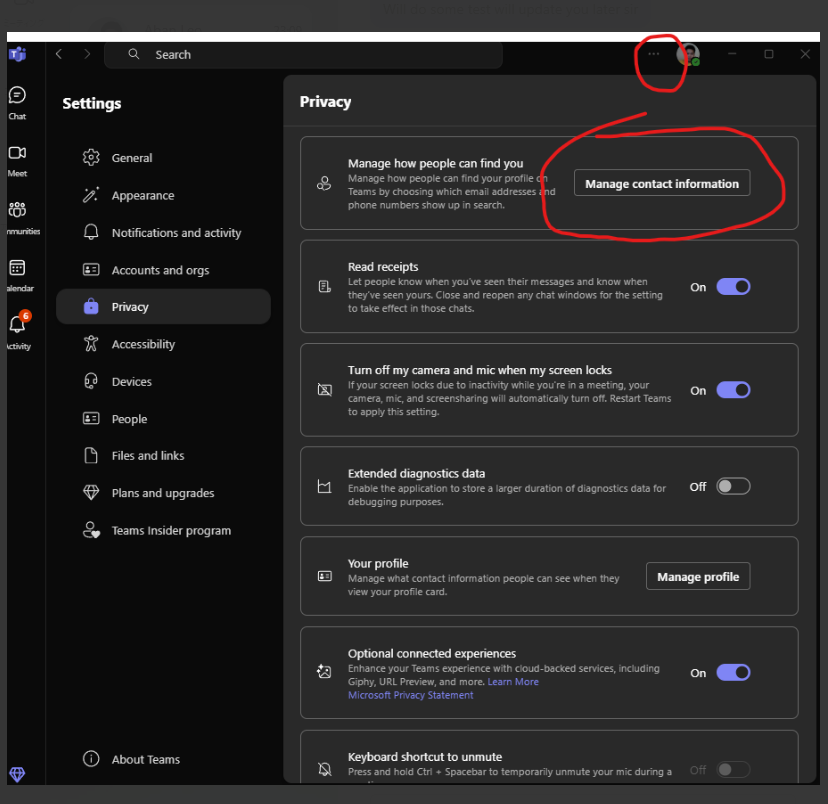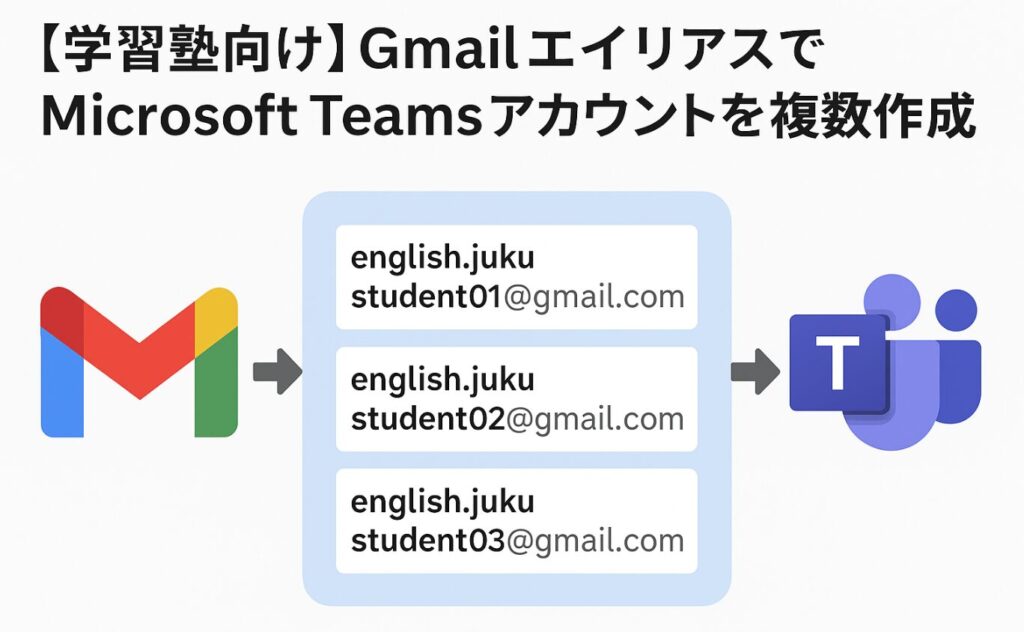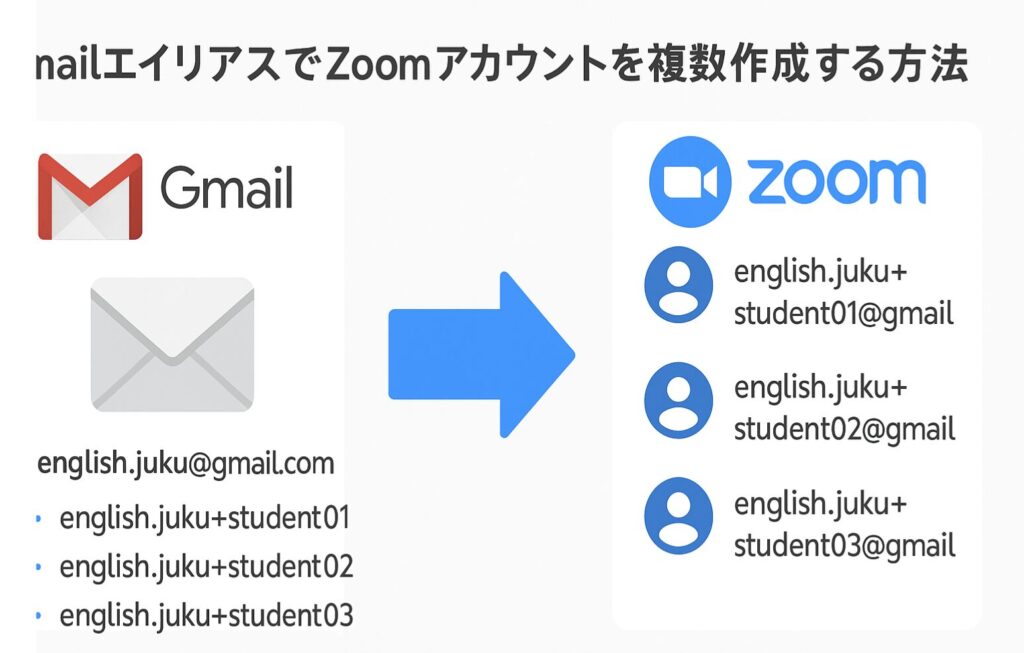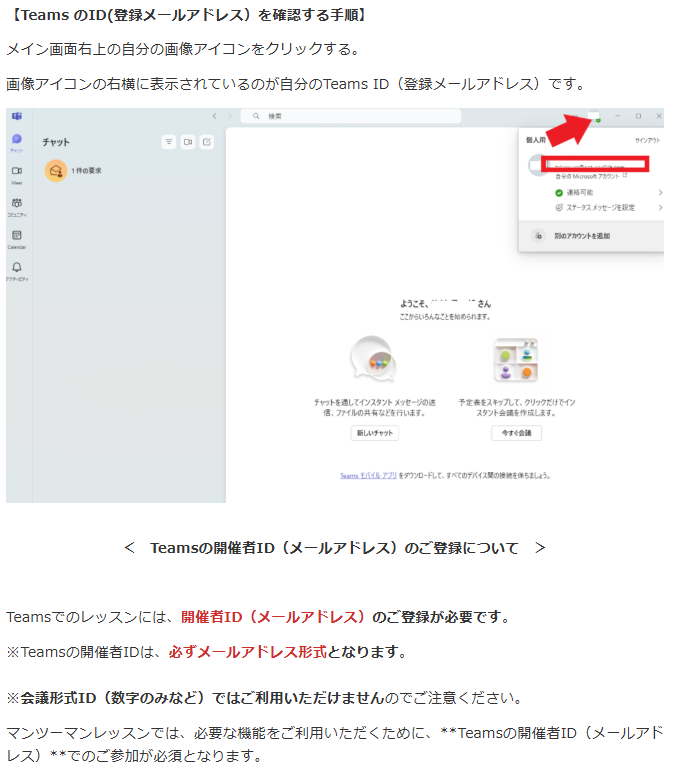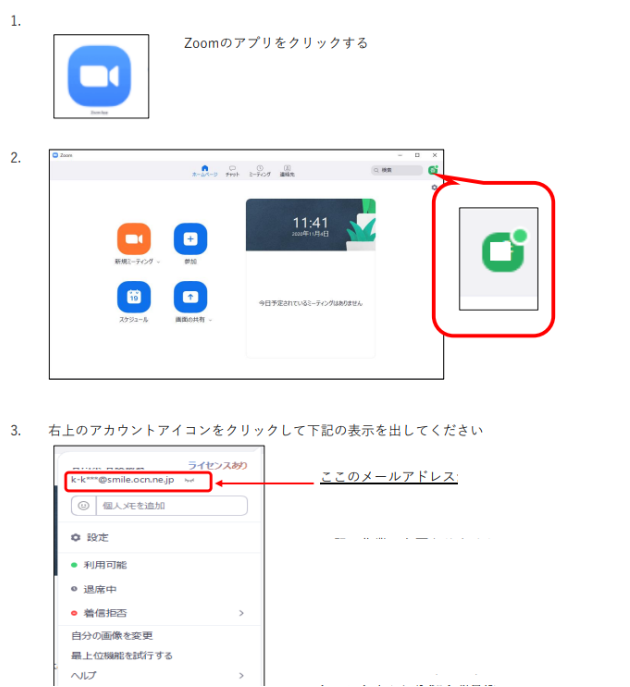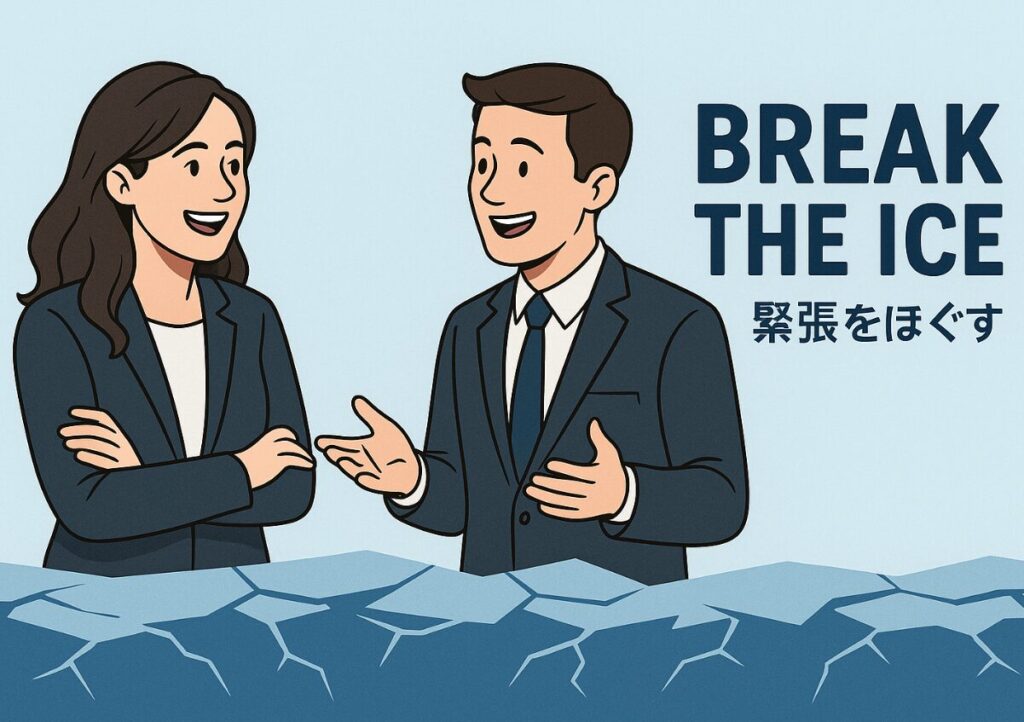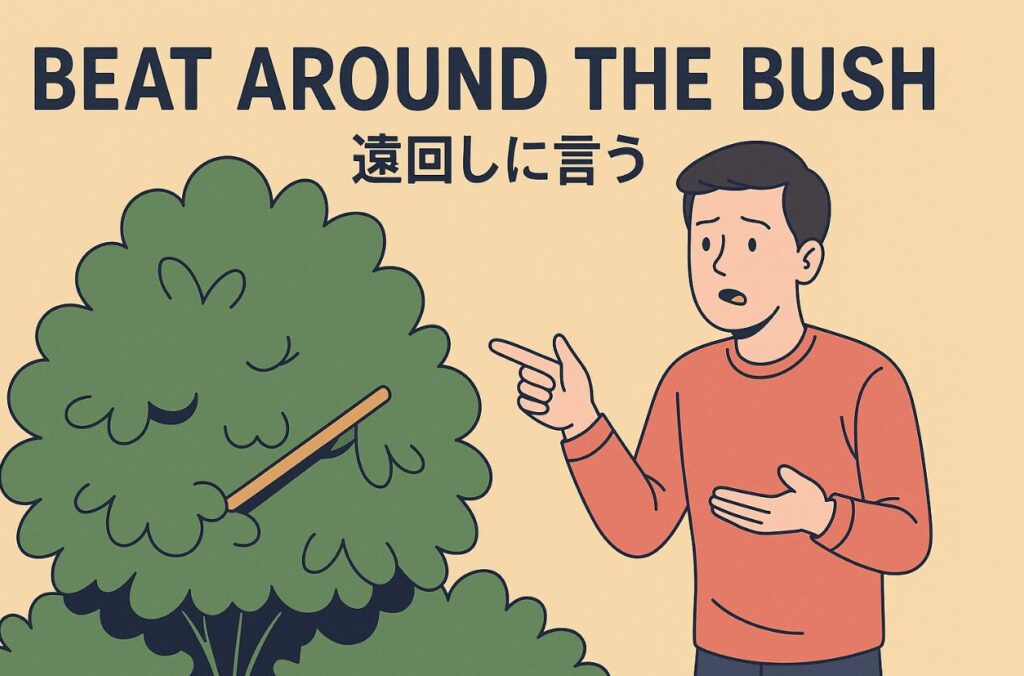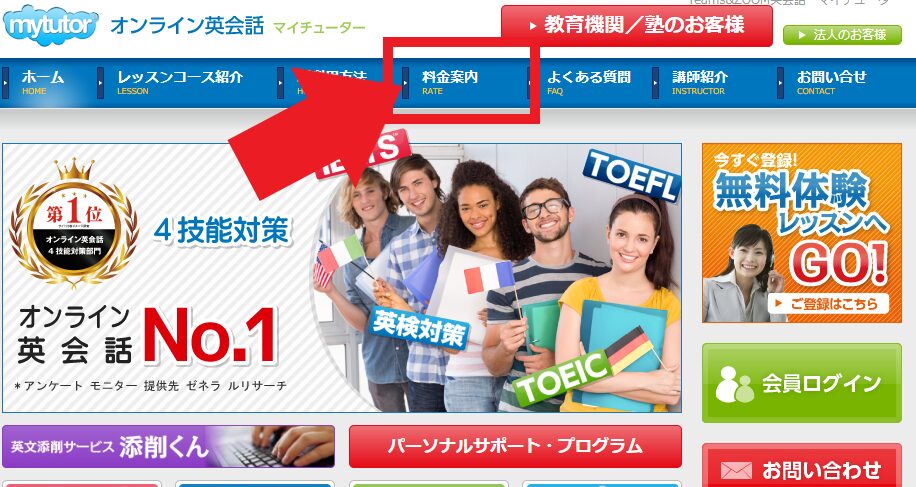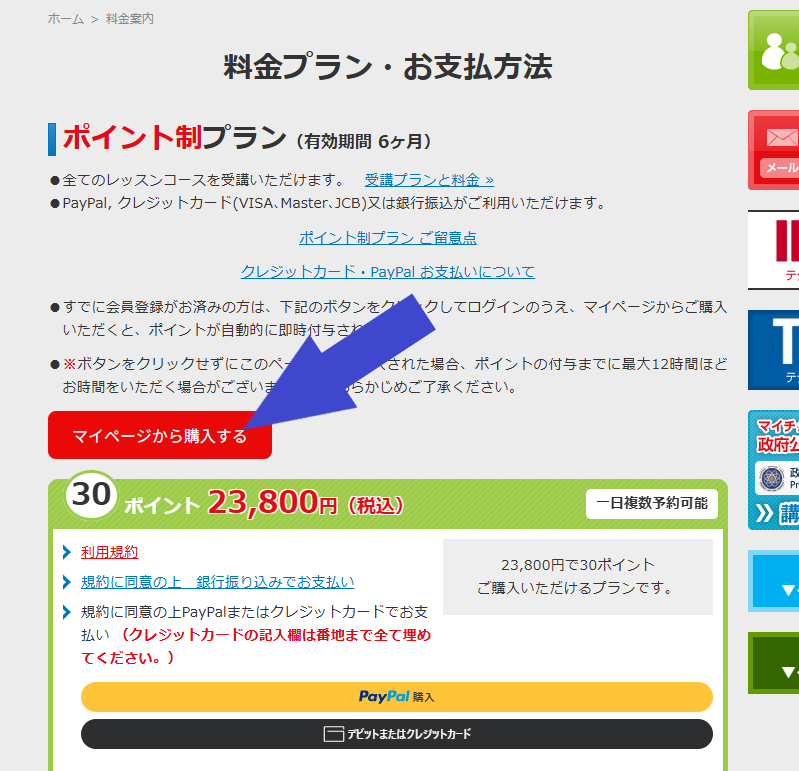
キャンペーン期間: 2025年8月25日 ~ 2026年2月28日
🎁 キャンペーン特典一覧
| 対象 | 特典内容 |
|---|---|
| 紹介者 | ① 1~5名紹介 → Amazonギフト券 3,000円分 ② 6~10名紹介 → Amazonギフト券 5,000円分 ③ 11名以上紹介 → Amazonギフト券 8,000円分 |
| お友達(紹介された方) | 初回ポイント購入分 10%割引 |
Amazonギフト券 取得までの流れ
| ステップ | 内容 |
|---|---|
| STEP 1 | 招待リンクを友だちに送信する |
| STEP 2 | 友だちが招待リンクを承認し、会員登録を完了する |
| STEP 3 | 友だちがポイントを購入(初回10%OFF) |
| STEP 4 | Amazonギフトコードを受け取る |
< キャンペーン内容 >
● キャンペーン期間中にご紹介いただいたお友達が初回ポイントを購入(ポイント制プランまたは月額制プラン)された場合、紹介者・お友達双方に特典が付与されます。
※お友達は、10%割引価格でポイントを購入できます。(初回購入分が対象です)
● ご紹介者は、マイチューターに会員登録済みの方が対象となります。
(マイページにログインできない場合は、事務局までご連絡ください。)
● お友達(紹介された方)は、マイチューターにまだ会員登録をされていない方に限ります。
すでに会員登録されている方はお友達対象外となります。
ご紹介者からの招待リンクをお友達が承認された後、お友達ご本人に会員登録をしていただきます。
● ご紹介者は GOLD・PLATINA・DIAMOND の3つのカテゴリに分けられ、各カテゴリごとに特典がございます。
なお、特典カテゴリはキャンペーン期間中のみ有効となります。
<<お友達の登録からAmazonギフト受取方法>>
マイページトップ画面 「紹介」をクリックする
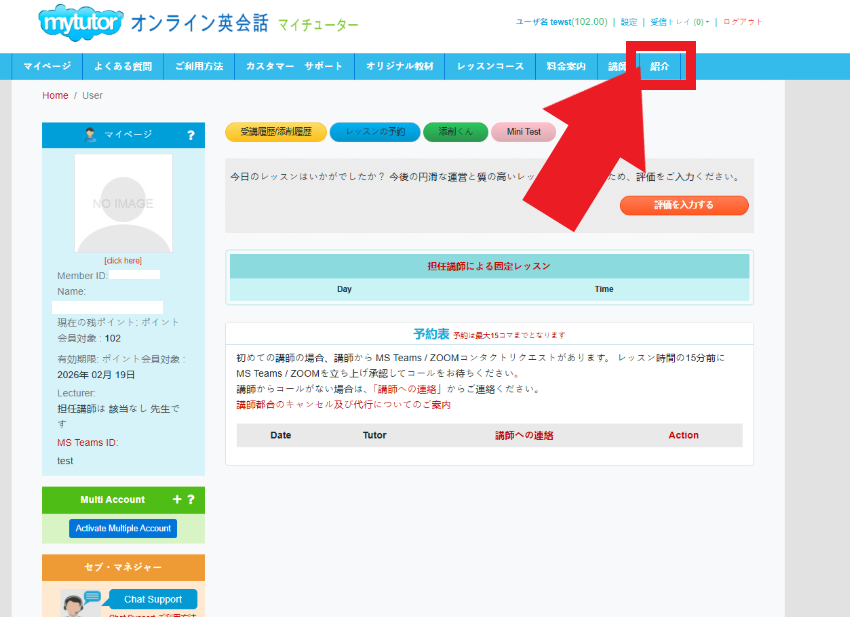
===========================================
<お友達の登録→招待リンクを送る>
① お友達のフルネーム(漢字 or ひらがな or ローマ字)を入力
② お友達のE-Mail Addressを入力(必ずお友達が会員登録で使うものを入力してください)
③- 1 「Send Invitation」をクリックする
③- 2 お友達に『招待メール』が届きます。メール内のリンクをクリックすると、システム上で『お友達』として認識されます。その後、会員登録フォームが表示されますので、必要事項をご入力のうえ会員登録を完了してください。
※ キャンペーン期間(Campaign Period)をご確認ください。
※ カテゴリ(Category)をご確認ください。
GOLD 1~5名紹介 , PLATINA 6~10名紹介, DIAMOND 11名以上紹介

=============================================================
<お友達の進展状況>
① お友達 メールアドレス
② Amazonギフトコード (お友達がポイント購入するとコードが表示されます)
③ お友達の招待リンクの承認、及び会員登録の確認
● Unregistered= 招待リンクが承認(クリック)されていない
● Registered/ Unconfirmed = 招待リンクは承認済みだが、会員登録が未完了
● Activated= 招待リンクが承認され会員登録が完了
④ お友達が会員登録完了(体験用2points),及び初回ポイント購入時にポイント数が表示されます
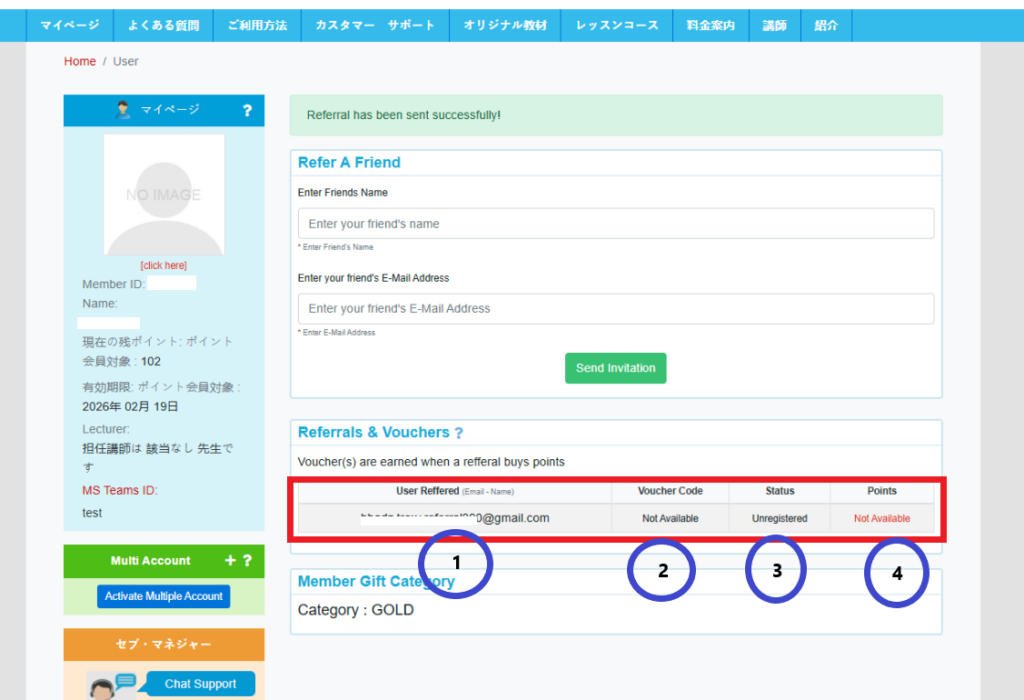
=======================================
<お友達ポイント購入- Amazonギフト取得>
① Amazonギフトコードが表示されます。 コードをAmazonアカウントに入力してご利用いただけます。
② Activated (招待リンクが承認済みで、会員登録が完了している状態)
③ 初回ポイント購入時のポイント数が表示されます
